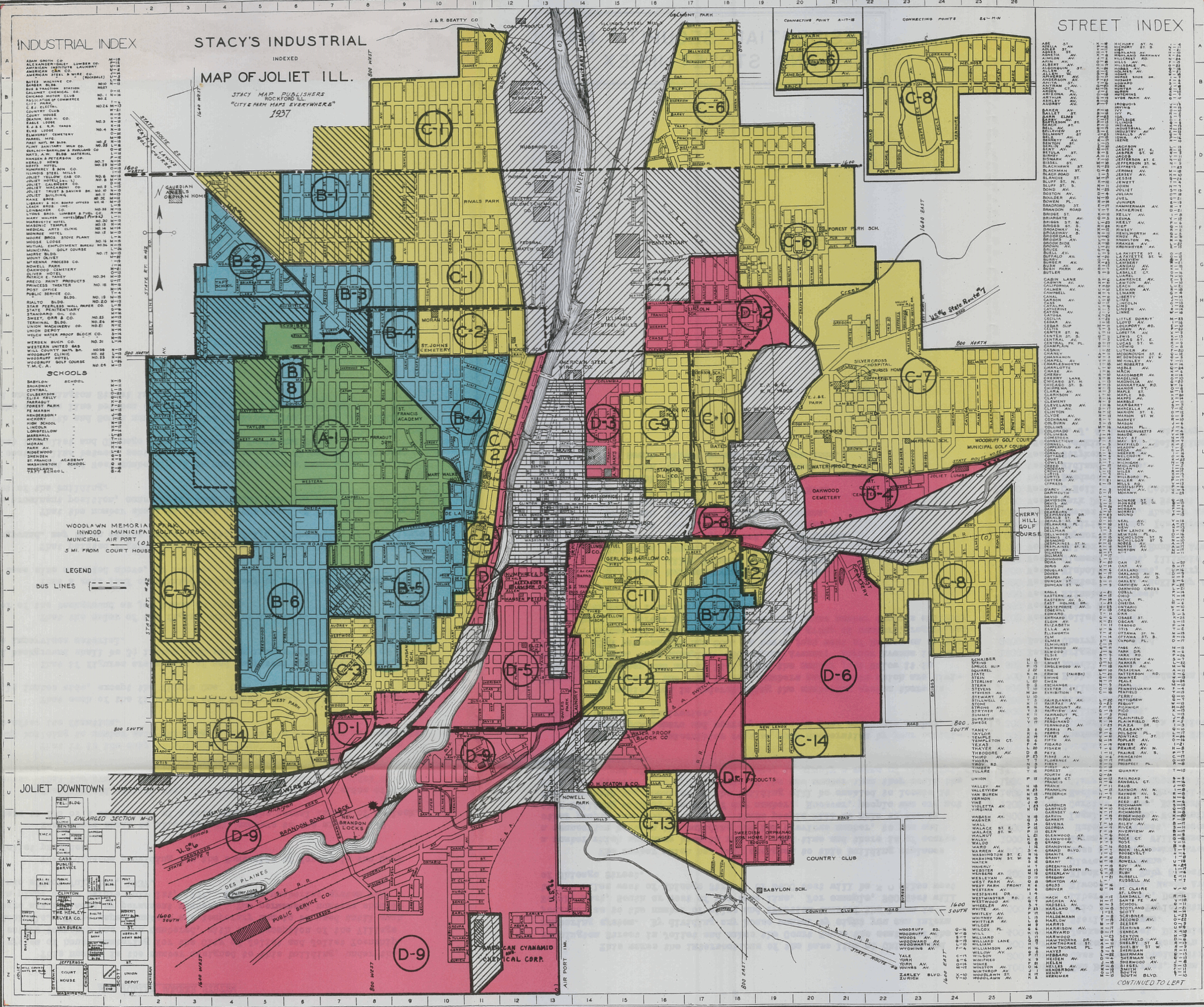
(BEYOND) THE CONFINES OF PLACe
is a collaborative excavation, rooted in northern Illinois,
of the legacies of enslavement
manifesting in the interconnections of race, place, migration, and incarceration.

Professor of Sociology and Program Director of African American Studies and Ethnic and Cultural Studies,
with Dr. Christopher Sindt (Provost), and Dr. Laura Franklin (Vice Provost for Undergraduate Academic Affairs)Led By Dr. Tennille AlleN
(beyond) the confines of pLace
Since the project’s inception, Lewis University faculty, staff, and students at have been collaborating with community members in Fairmont and Joliet, Illinois as well as Stateville Correctional Center to better understand the interconnections of race, place, and migration and their consequences as legacies of American enslavement.
Thanks to partnerships with local community institutions, including the Fairmont Community Partnership Group, Inc., Fairmont School District 89, Second Baptist Church, Community Lifeline Ministries, and Imagine Justice’s Rebirth of Sound, an exploration of archival materials, historical documents, and existing data, and most of all, the immense enthusiasm, graciousness, time, knowledge, and memories of so many community members with roots and connections in Fairmont, Joliet, at Stateville, and throughout Will County, this project has been able to soar.

Lewis was named a Regional Collaboration Partner for the Council of Independent Colleges’ multiyear project, “Legacies of American Slavery: Reckoning with the Past”
which was generously supported by the Andrew W. Mellon Foundation with supplemental funding from the National Endowment for the Humanities in early 2021. This allowed Lewis faculty, staff, students, and community partners to engage in organizing a number of local, campus-based, and regional activities while also contributing to a national conversation about race, equity, freedom, political power, and cultural resilience while focused in particular on two related themes: Race, Place, and Migration and Mass Incarceration. Race and place—and ideas about who belongs where—have been central through this project as has mass incarceration which is itself a consequence of these forces that is facilitated by the interrelated processes of hypersegregation, hypersurveillance, and criminalization of places and the people who inhabit them.

Often, conversations about these issues are based on and limited to experiences in larger places like Chicago. The documentation and knowledge gained through (Beyond) The Confines of Place means that we can begin to recognize and share lesser-heard stories that can inform and enliven necessary national conversations about the legacies of slavery as they relate to the movement of Black people from the south to Fairmont, Joliet, and other communities in Will County.
this project
shows
that as Black communities were established in the area, a story about both movement and its restrictions emerged.
Black migrants from the south created communities in places that were defined by boundaries imposed upon them through discriminatory forces such as racial residential segregation. Much like in other parts of the metropolitan area, state, and country, Black communities in Will county and their residents have been systematically denied access to resources and opportunities while also being disproportionately surveilled, policed, arrested, and incarcerated, resulting in even more racial disparities. Through this all, however, Black people in Fairmont, Joliet, and other communities in Will county have consistently fought against these forms of oppression through a number of forms of resistance and refusals, including activism, advocacy, community organizing, and a host of creative and resilient practices, as this project uncovers.






